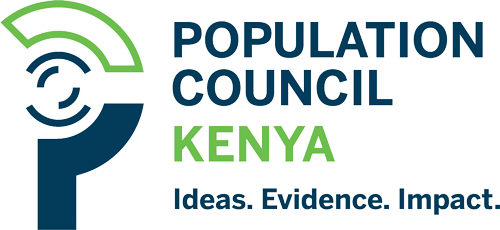Introduction
Key Populations (KPs)remain at the centre of the HIV epidemic globally, requiring innovative, scalable, and sustainable prevention approaches. Recognising the urgent need to adapt and strengthen primary prevention programmes, the Global HIV Prevention Coalition(GPC), WHO, and UNAIDS convened a two-part webinar session. The sessions featured insights from global experts, national programme leads, and community advocates, highlighting scalable service delivery models and country-led strategies from six diverse contexts.
Objectives
- Share global evidence on effective models for delivering sustainable HIV prevention services for KPs.
- Highlight country experiences from Australia, Thailand, Zimbabwe, Brazil, Nigeria, and Moldova on integrating and scaling KP services.
- Provide updates on the global Sustainability Roadmap and its application to KP programming.
- Amplify community voices and promote meaningful engagement in HIV prevention design and delivery.
- Facilitate peer learning and dialogue to advance rights-based, country-owned, and community-led approaches.
Proceedings
Session 1
- WHO presented an analysis of global evidence, with Dr. Antons Mozalevskis outlining critical enablers of scalable KP service models, including differentiated service delivery, integration into public systems, and community leadership.
- UNAIDS (Iris Semini) provided an update on the global Sustainability Roadmap, underscoring the need to embed KP programming into national financing and accountability frameworks.
- A panel discussion, moderated by Heather-Marie Ann Schmidt (WHO & GPC), reflected on practical pathways to scale, drawing on audience questions to deepen insights.
Session 2
- Heather-Marie Ann Schmidt (WHO) revisited global evidence, reinforcing the value of integrated, rights-based, and locally adaptable prevention services.
- UNAIDS (Iris Semini) shared progress in advancing the KP-inclusive Sustainability Roadmap across multiple countries.
- Roberto Paulo (Mozambique) offered a powerful community reflection, emphasizing the urgency of legal and financial reforms to support community-led service delivery.
- The session concluded with a panel discussion moderated by Clemens Benedikt (GPC), focusing on key actions to ensure long-term sustainability and accountability.
Country case studies from:
- Australia (Phillip Read) emphasized integration of prevention into sexual health services with strong public funding.
- Thailand (Surang Janyam) demonstrated peer-led delivery models and community empowerment.
- Zimbabwe (Humphrey Ndondo) showcased government-donor collaboration in scaling service access through public facilities.
- Ahmed Said (AfricaNPUD) provided a community perspective, calling for increased investment in peer-led networks and dismantling of structural barriers
- Brazil (Ivone de Paula) illustrated the role of municipalities in driving KP service delivery innovations.
- Nigeria (Michael Akanji) highlighted the use of domestic financing, advocacy, and local systems strengthening to sustain programming.
- Moldova (Svetlana Plamadeala) discussed the integration of HIV services within national health systems and the use of strategic information.
Resources
Presentations and full session recordings can be accessed below:

















